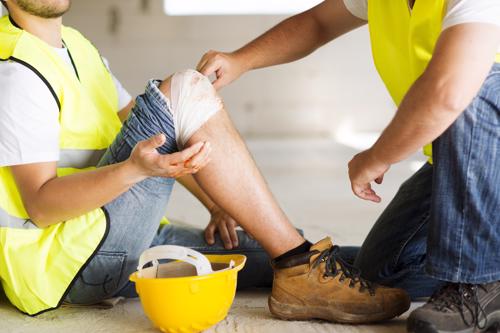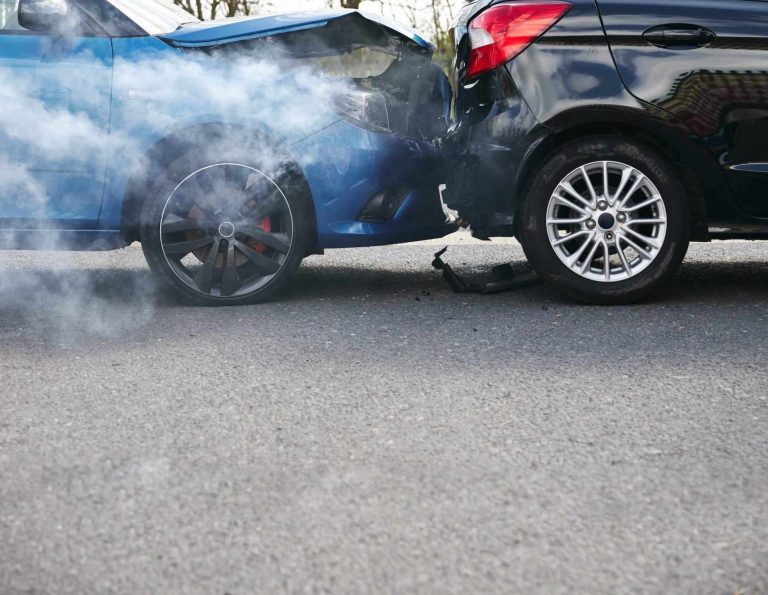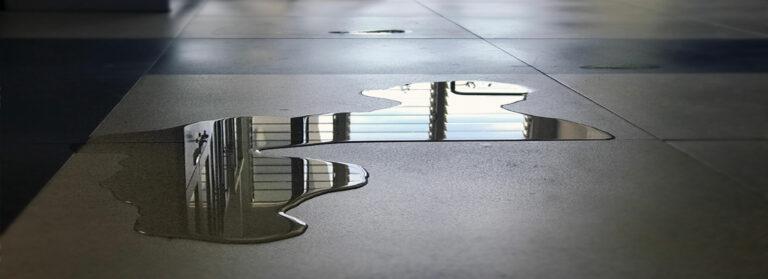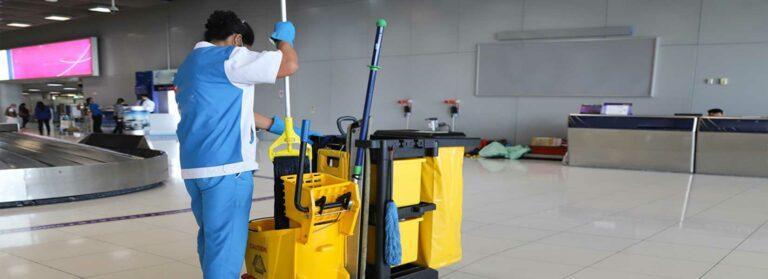- Auto Accident Attorney, car crash attorney in Georgia, carrollton ga auto accident lawyer, georgia auto accident lawyer
Georgia’s Interstate 20 is a notorious spot for accidents. There are seemingly daily serious wrecks and crashes on this interstate, some involving multiple vehicles. Some of the most serious types of these accidents are when a vehicle rolls over. There are plans to improve many of the I-20 bridges and to add lanes, but this road remains dangerous. A vehicle that rolls over not only creates a dangerous situation for the driver of the vehicle, but also for drivers around the scene of the accident. Rollovers only account for about three percent of total vehicle crashes but they represent almost 30 percent of vehicle fatalities. The risk for serious injury in a rollover crash is amplified because there is usually not just one impact. With rollovers having one of the highest fatality rates, it is important to drive in a way that minimizes your risk of rollovers.
What Can Make a Rollover Accident More Serious Than Other Types of Car Accidents?
Unlike fender benders or low speed accidents, rollover accidents can cause severe structural damage to a vehicle. This structural damage can lead to serious injuries or death, especially because broken glass or metal is likely to come into contact with a driver or passenger when they are upside down. When the roof of a car gets crushed in, it can pin passengers and drivers so they are unable to exit a vehicle without substantial help.
According the NASD (The National Automotive Sampling Database) certain types of injuries are more common in rollover accidents. The parts of the body most susceptible to injury during rollover accidents are the head and neck, the throat, the stomach and limbs. However, as a car flips an individual may receive many injuries and suffer many instances of whiplash. Multiple injuries to the head and neck could lead to paralysis or death. These injuries can also have long term effects such as nerve damage and, if a head injury, and memory problems.
What Are Common Causes of Rollovers?
Some rollovers can be attributed to driver error. Things like high speeds and reckless driving can impact cars’ stability. However, some causes and contributing factors of rollover accidents can be attributed to a vehicle itself. While rollovers can happen in nearly any vehicle, SUVs, pickup trucks and vans are especially susceptible to tipping over. This is because these vehicles are generally more top heavy and thus are more susceptible to sideways forces, particularly when going around a turn. Rollover accidents may also be caused by a mechanical defect in the vehicle, either in the wheels and tires or in the steering mechanism. Rollover accidents happen in the blink of an eye, so pinpointing the exact cause of the crash may be difficult. Typically, an expert in accident reconstruction or investigation will be used in your court case to determine any mechanical faults with the vehicle.
The subsequent legal claim you may have will depend on a variety of factors including your actions and the actions of other drivers nearby on the roadway.
What If the Road Itself Caused My Rollover Accident?
Rollover accidents may also occur due to problems in the roadway—potholes, uneven paving, or slick conditions. As many roads are owned either by cities or states, it may be possible to claim that their failure to maintain the roads was what caused a rollover. The first step to making a claim against a city or state for a road that has fallen into disrepair is to determine who actually owns the road and whether they had a duty to maintain it. The owner of the road will determine how long you have to file your case, and possibly the amount of money you would be able to recover in a personal injury claim. Filing a claim against a government entity can be very difficult.
How Will My Rollover Accident Be Investigated?
As mentioned above, a key part to understanding what caused a vehicle to rollover is an accident reconstruction specialist. To be this kind of specialist, you generally need a breadth of experience, training and certain certifications. These experts will help determine who is at fault, and give you and your attorney a clear sense of what happened just prior to, and during the accident. While there is no way to perfectly recreate the crash, these experts can provide a scientific approximation that is reasonably close to what actually happened.
What Can I Do to Reduce the Risk of Injury from a Rollover Accident?
Like any accident, wearing a seatbelt can greatly reduce the chance and risk of injuries. Additionally in a rollover accident, a seatbelt can reduce the chance of being ejected out of your vehicle while it is rolling. Another safety feature are electronic stability control systems (ESC). ESC works by using automatic braking to prevent wheels spinning it out. Antilock brakes are also useful in preventing rollover accidents.
However, relying on just the technology in your car alone to prevent a rollover accident may not be enough. Because many rollover accidents are caused by human error, it is important to consider the amount of weight you are carrying in your vehicle and to pay attention to the road. Texting or using your mobile device in anyway, or eating or drinking, can lead to increased distraction and less attentiveness.
Another good practice to follow is to avoid excessive speed. The great majority of rollover accidents are caused by driving too fast for conditions. Maintaining a safe speed can greatly reduce your risk of serious injuries.
How Can a Georgia Injury Attorney Help After a Rollover Accident?
After ensuring that your medical needs have been attended too, it is important to contact an experienced Georgia car accident lawyer. A rollover accident may be the fault of another driver, the way the vehicle is designed, or improper maintenance of a road. The attorneys at the Law Office of John B Jackson can help evaluate your roll over claim and offer input on whether you should pursue your case. Contact us today for a free consultation.








